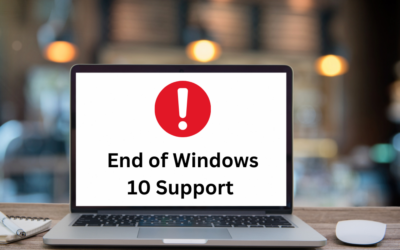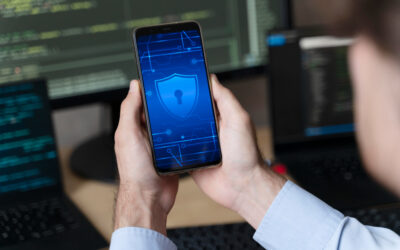In the complex landscape of cybersecurity, many businesses mistakenly believe that installing antivirus software is sufficient to protect them from all cyber threats. While antivirus is a crucial component of a robust security strategy, relying solely on it in today’s sophisticated threat environment is not enough. Here’s why businesses should adopt a more comprehensive approach to cybersecurity beyond just antivirus software.
Evolving Cyber Threats
Cyber threats are becoming increasingly sophisticated, and many of today’s cyberattacks are designed to bypass traditional antivirus solutions. Modern threats such as ransomware, phishing attacks, and advanced persistent threats (APTs) can often evade detection by conventional antivirus tools, which typically focus on known viruses and malware.
The Limitations of Antivirus Software
Antivirus software primarily relies on signature-based detection, which means it checks files against a database of known threat signatures. This method is effective against well-documented malware but falls short in detecting zero-day exploits, fileless malware, and customized attacks that do not yet have recognized signatures.
The Need for a Multi-Layered Security Approach
To defend against a variety of cyber threats, businesses need a multi-layered security strategy that includes, but is not limited to, antivirus software. Other essential layers include firewalls, intrusion detection systems (IDS), encryption, data loss prevention (DLP) tools, and secure email gateways. Each layer addresses different security vulnerabilities and together provides a more comprehensive defense system.
Insider Threats and Human Error
Antivirus software does not protect against threats from within—such as a disgruntled employee stealing data or an uninformed staffer accidentally downloading a virus. Combating these risks requires additional measures such as user education, access controls, and behavior analysis tools that can detect unusual activity that might indicate a breach or malicious insider.
Compliance and Data Protection Laws
Businesses in certain industries are subject to strict regulatory requirements that mandate more than just antivirus protection. Regulations such as GDPR, HIPAA, and PCI-DSS prescribe a range of security measures to protect sensitive information, including encryption, regular audits, and specific controls on how data is accessed and used.
Continuous Monitoring and Response
Antivirus tools often do not include comprehensive monitoring and response capabilities, which are critical for quickly detecting and mitigating breaches. Implementing a security information and event management (SIEM) system or utilizing managed detection and response (MDR) services can provide continuous monitoring and real-time analysis of security alerts generated by network hardware and applications.
Partnering with a professional IT security firm like UpTech360 can ensure that your security strategy is comprehensive, up-to-date, and effective. UpTech360 offers expertise in a wide range of security solutions and services that can protect your business from both external and internal threats. Contact us today for a free consultation and learn how we can help you build a stronger, more resilient cybersecurity defense system.
Leveraging Cloud Services to Enhance Business Efficiency Along the Jersey Shore
For businesses operating along the Jersey Shore, leveraging cloud services offers a multitude of benefits that can transform operations. Cloud computing provides scalable resources, improved data...
What Happens To Your Applications When Windows 10 Support Ends – And What It Means For Jersey Shore Businesses
Mark your calendars: October 14, 2025 – the day Microsoft officially ends support for Windows 10. After this date, there will be no more security updates, bug fixes or technical support. But for...
Mobile Device Management for Jersey Shore Businesses: Securing Your On-the-Go Operations
For businesses along the Jersey Shore, the ability to operate seamlessly on the go is crucial, especially when quick responses and real-time updates are essential. Mobile Device Management (MDM) is...


